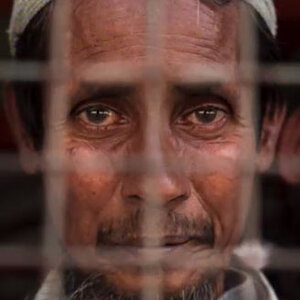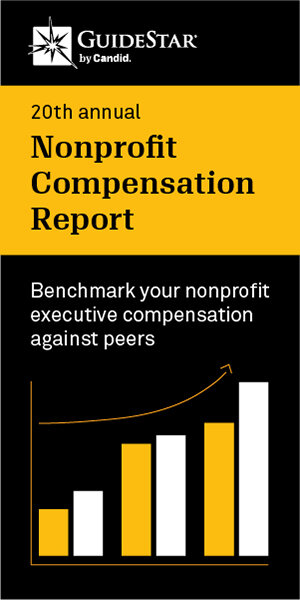Early Warning Project

Mission: To give governments, advocacy groups, and at-risk societies earlier and more reliable warning, and thus more opportunity to take action, of potential mass atrocities.
Background: Launched earlier this year by the Simon-Skjodt Center for the Prevention of Genocide at the United States Holocaust Memorial Museum and the Dickey Center for International Understanding at Dartmouth College, the Early Warning Project is informed by the idea that reliable early warning is a critical part of any effort to prevent mass atrocities and that the first major element of a comprehensive system to prevent genocide is a reliable process for assessing the risks of and potential for mass atrocities. To that end, EWP aims to build a reliable warning system for policy makers, journalists, advocates, and scholars and to shape the public debate around which countries are at risk of mass atrocities and why.
Outstanding Web Features: Using the best available data and methods, the EWP site provides up-to-date forecasts on countries worldwide with five goals in mind: informing the policy agenda with respect to situations requiring early action; providing concerned individuals and organizations with reliable analytic assessments of countries and populations most at risk; generating pressure for early and effective response by mobilizing the larger atrocities prevention community, journalists, and the public around priority cases; enhancing public discussion on the continued risks and ongoing need for genocide and atrocity prevention policies; and advancing the state of the art in atrocity prevention. Visitors to the site also can browse a library of genocide-definitions, laws, causes, and theory; learn more about the project's active areas of research and development; explore the project's statistical modeling data; learn about fellowships; and/or connect with the project via Facebook or Twitter.





